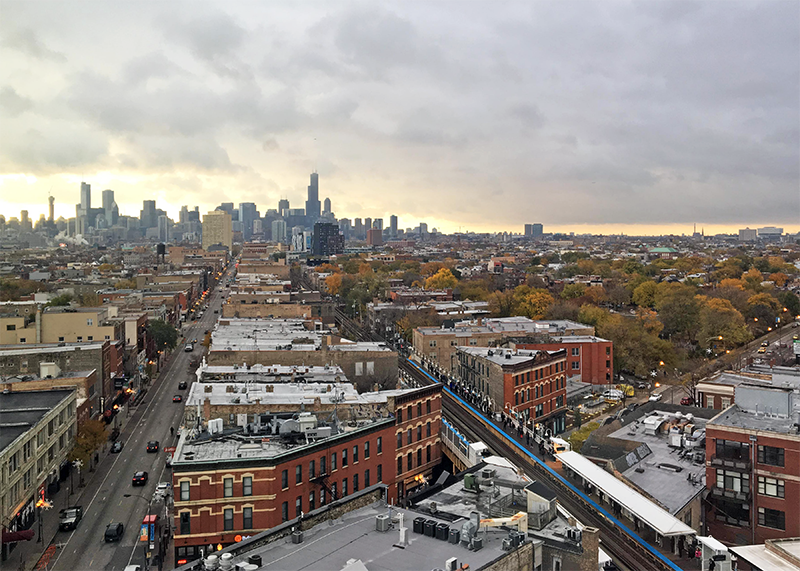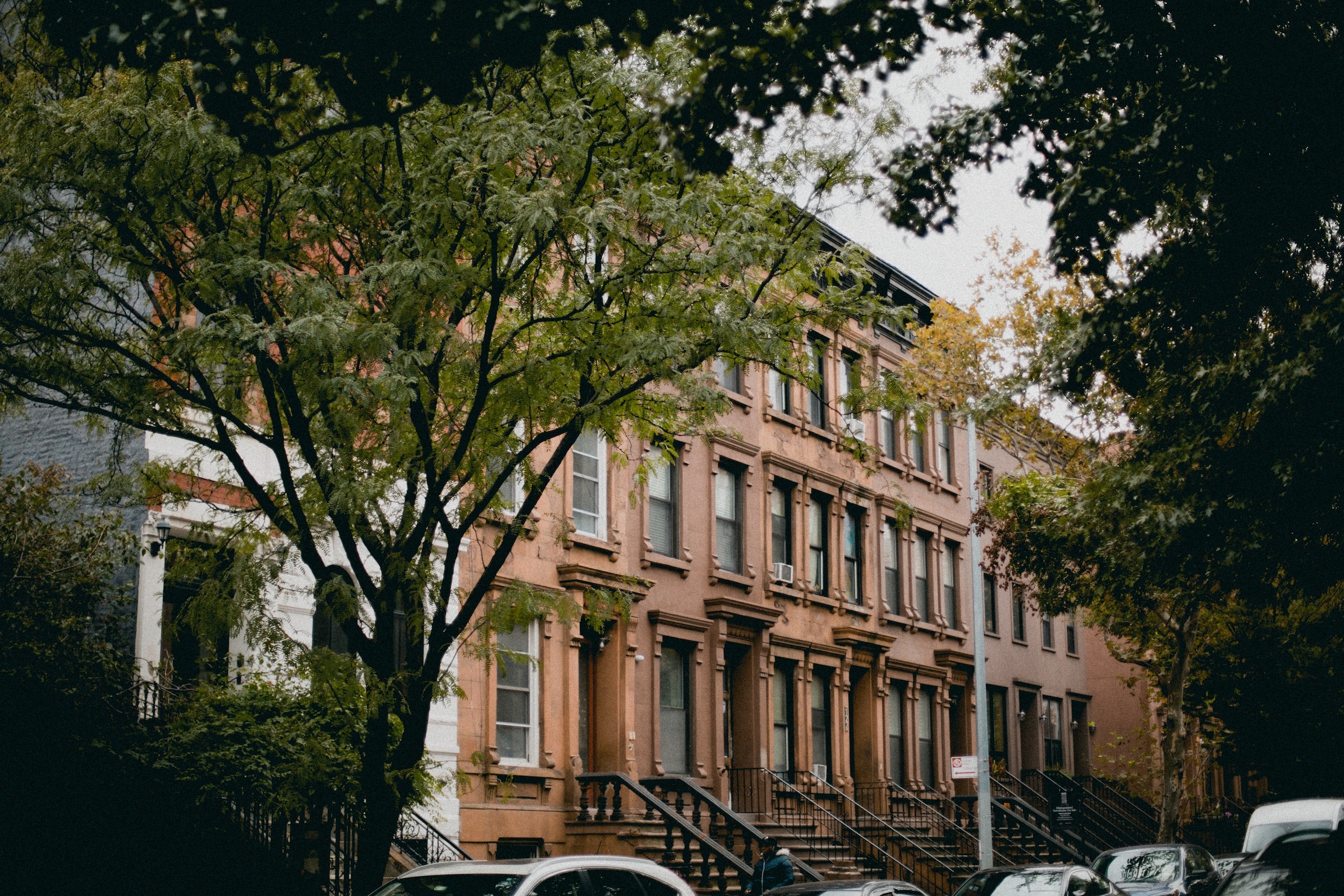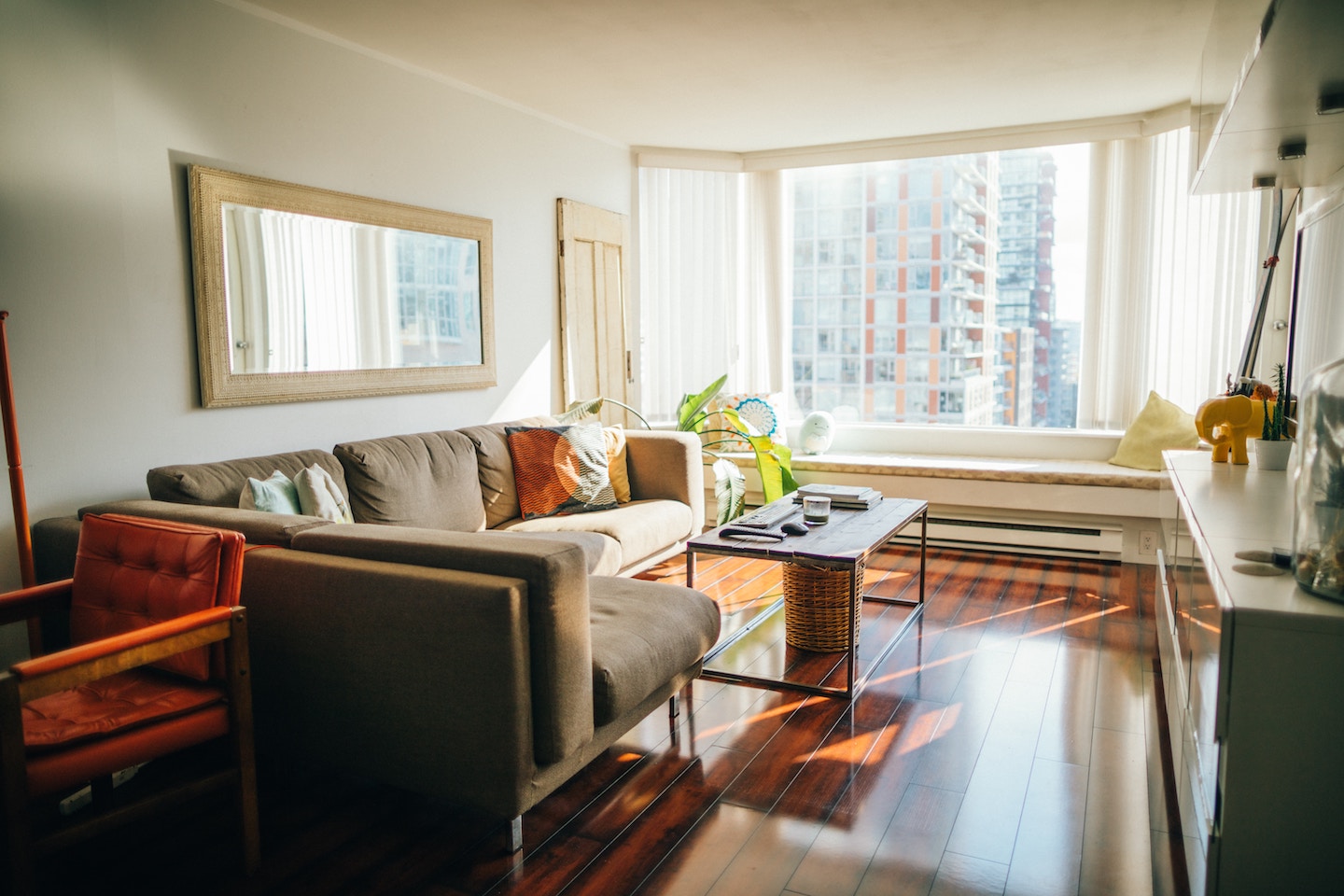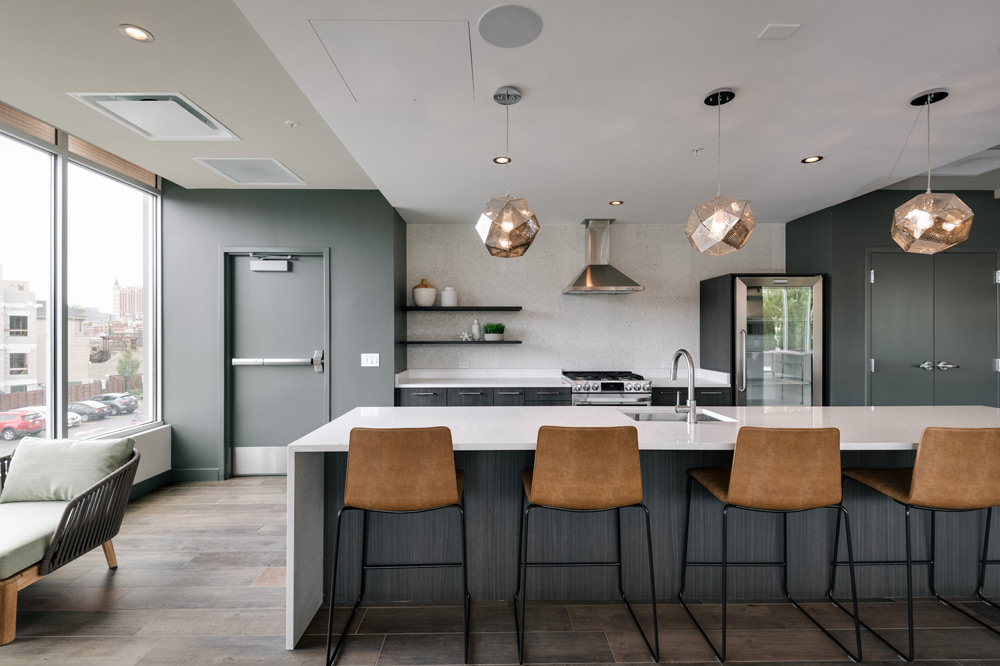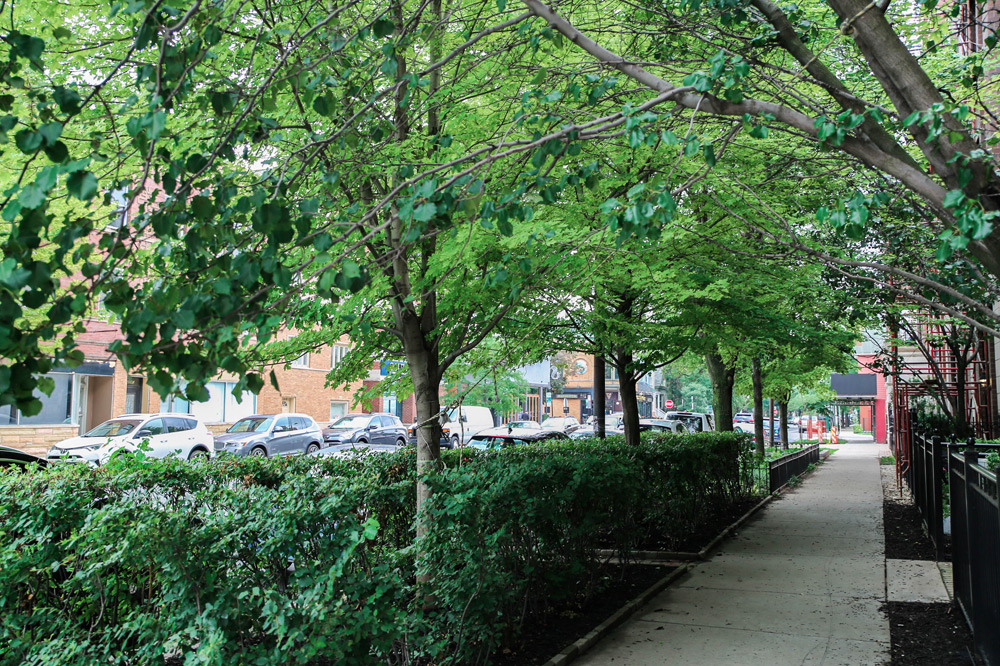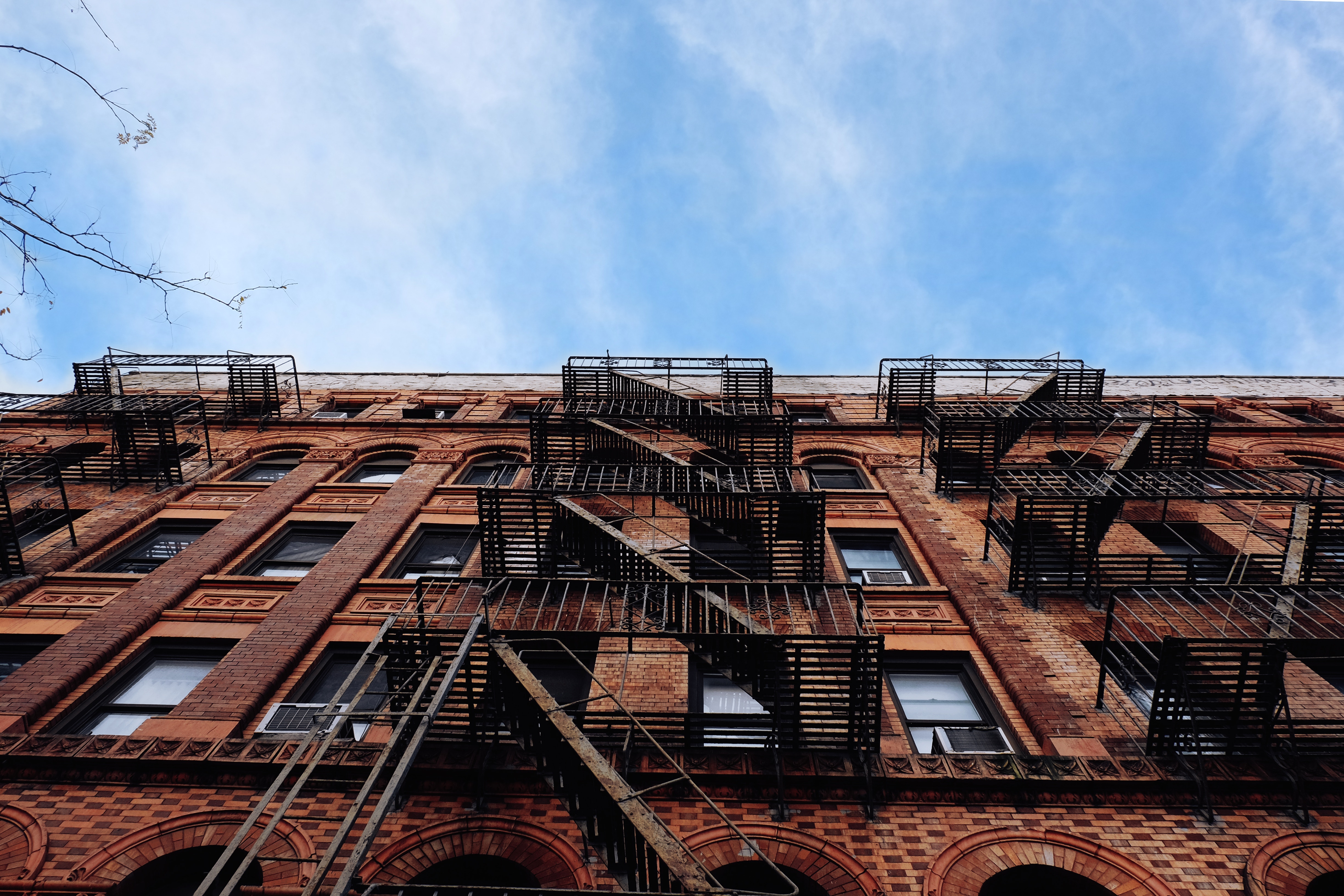Timing is crucial- especially when it comes to buying a home.
While there are plenty of factors to consider when purchasing a property, timing can drastically affect the market, which directly impacts your purchase.
The Luxury Living team is here to help provide insight into determining the best time of year to buy a home.
Here’s the Best Time of Year to Buy a Condo in Chicago
If you are considering purchasing a condo in the Windy City, it is vital to figure out the best time of year to begin your house hunting to ensure a strategic and worthwhile investment.
While there is no perfect formula for timing your condo purchase, there are certain seasonal trends that help indicate the ideal time to buy.
For young home buyers, or anyone looking to save money, the winter months, specifically January and February, may be the best time to make an offer. Numbers show that average condo price drop around $6,000 in the winter, compared to the late spring and summer.
If buyers are more concerned with options rather than price, springtime generally proves to be a better time to house hunt. This season tends to offer Chicagoans with the highest number of housing listings to choose from. Just keep in mind that with more competition on the market, springtime tends to increase the price of listings. March through May are the months that homes find themselves selling for record high prices.
While condos are a hot housing option in a large city, we can’t forget about the single-family homes. If you’ are curious when the best time to start browsing for this home type, the rule of thumb is generally the same as condo purchases.
Once you are ready to pull the trigger and buy a property in Chicago, keep in mind that this journey may take a while. The entire process, from beginning the house search to closing on your purchase, can take anywhere from three to six months; or even longer if issues arise.
While the house hunting period depends largely on the efficiency of the buyers and agent, the average closing period in Chicago hovers around 45 days.
How to Go About Buying or Selling a Home in the Winter
While the Chicago winter is a time of holiday hustle and bustle and frigid temperatures, don’t let this deter you from buying or selling your home.
With the wintertime proving to be a wise time to buy a home, consider using this season to find your dream home.
While buying a home in the winter is often the most affordable time to purchase a property, keep in mind that listing options are not as abundant during this season. The smaller pool of homes helps keep the listing prices down but also limits your selection.
The winter is also an excellent time for people looking to sell their property, especially because of the tax benefits. Buying and selling in the winter allow both parties to apply credits or claims on taxes before the new year.
Moving during the Chicago winter is a wise financial move, but it may also present some challenges.
To alleviate some of the stress associated with the Windy City winters here are a few moving tips:
- Hire professional movers- We promise this is an investment that will prove worth it. Save yourself the time, trouble, and cold by allowing moving experts to take on the task.
- Keep an eye on the forecast- Monitor the weather leading up to moving day to make sure there is not an unexpected storm on the way. If the radar isn’t looking very promising you may want to adjust your moving schedule.
- Find an experienced broker– Teaming up with a real estate and Chicago expert can help ease and speed up the process.
Why You Should Consider Selling or Buying a Home in the Fall
The fall season is another promising time to consider selling or buying a home. During this time the normal market typically sees a second “rush” of buyers, especially as many leases come to an end, schools start back up, and people want to buy or sell before the winter comes.
Typically the real estate market stays pretty strong, until about October when it starts to slow down. Therefore, if you are considering listing your home in the fall, be sure to begin the sale early to increase the odds and timeline of a closing.
If your home has a nice amount of outdoor space, keep in mind that as the season begins to approach winter, your landscaping may start to die. You want to try and capture buyers attention while your outside is still pretty.
Tips for Buying or Selling a Home in Spring
Springtime in Chicago often proves to be a busy time in the world of real estate. Many sellers like to wait for the winter to pass until they list their property. Vice versa, many buyers also hold off searching for the dream house until the weather clears up and more listings pop up on on the market.
The main appeal for home buyers to shop in the spring is the listing options. This season tends to boast a variety of housing options, providing house hunters with endless choices and the opportunity to be more selective.
While buyers have the advantage of a wide selection, they should also be prepared to pay more competitive prices. If you end up finding a home during the spring, make sure to work closely with a licensed broker to help find a suitable property in your budget and negotiate a fair closing cost.
While these higher listing prices may deter some potential buyers on a budget, this competitive market tends to entice sellers. With so many properties for sale, sellers can list their house for the highest and best dollar. The nicer spring weather also enhances properties’ curb appeal and online pictures, which further helps attract potential buyers.
Buying a Home in the Summer? Use These Tips
There is nothing like a Chi-town summer. Not only is this the perfect time to explore Chicago, but it also makes for a great season to buy a home for yourself.
Summer house hunters are bound to find plenty of listings on the market to choose from. While the number dwindles a bit from the Springtime, this means that buyers will likely see price drops or sellers will be more willing to negotiate.
To fully take advantage of the hot summer market, be sure to utilize a broker to help narrow down the best house options and ensure you get the best possible price. Don’t forget that during this season you are likely to pay less than the asking price.
The summer is also a suitable time to put your house on the market if you are ready to sell. While your home may not sell as fast as it would in the Spring, the likelihood of a contract is still very high. Just be prepared for interested buyers to negotiate during this time of year.
As a seller, also keep in mind that the beautiful summer weather helps ensure better quality photos and better showings than during the gloomy seasons.
With a greater understanding of the Chicago seasons and how they impact the housing market, hopefully you feel more confident determining the best time of the year to buy a home.If this season is right for you, contact an experienced broker to help you find your dream home today!








